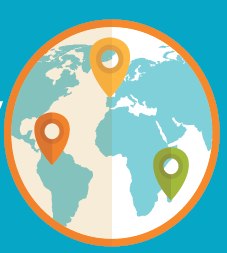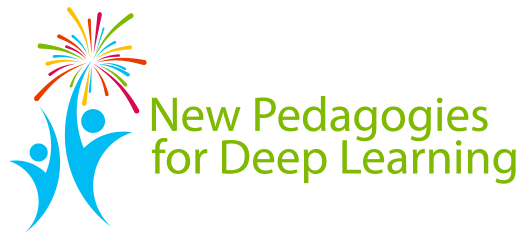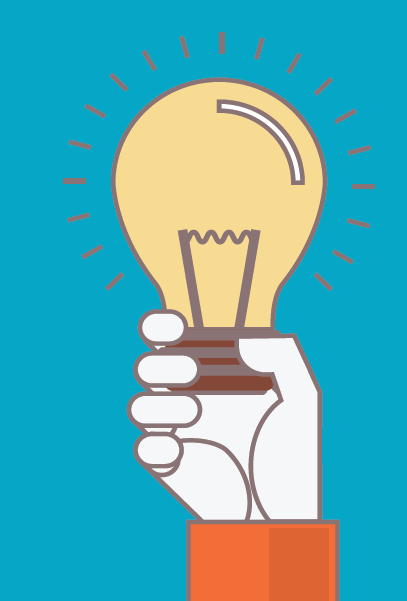The Australasian ‘New Pedagogies for Deep Learning’ (http://www.newpedagogies.org/) cluster is a group of schools in Victoria, Tasmania and New Zealand who are committed to finding ways in which to give their students opportunities for deep learning experiences.
The cluster has developed a project to engage students from across the globe in authentic action research, which you can be part of.
The purpose of the project is to get students and teachers examining their learning environments and taking action to make them better places to learn and work in. We all know the importance of quality learning spaces for our students but how much of our understanding is based on research and evidence and how much input do students have into designing their learning space?
This global challenge asks teachers and students to think about light and sound in their learning spaces can be optimised for improved learning potential.
 This opportunity also gives participating schools a common a reference to discuss when thinking about the process of creating deep learning experiences.
This opportunity also gives participating schools a common a reference to discuss when thinking about the process of creating deep learning experiences.
Students in classes around the world will be guided through a 4 week Collaborative Inquiry Cycle where they measure light and sound levels in their classrooms, collect data about their learning spaces, research some ways to improve their learning environments, put their ideas into action and then report back on their findings. This project is based loosely on the work of Dr Stephen Heppell and his Learnometer project http://rubble.heppell.net/learnometer/
Students will be encouraged to collect audio, video and photographic evidence about their classrooms and share it via a Google Doc and a Google Slide show. (Please ensure that your permission forms are up to date and allow for sharing of images on the internet)
The students will be encouraged to find, use and share digital tools that support their investigation, such as decibel readers and lux meters.
Teachers can participate in weekly webinars and be guided through the 4 week Inquiry Cycle
Week 1 – 11th March, 3.45pm (Melbourne): Find out about how students in classrooms around the world can work together to influence the quality of their learning environments. Find out how your students can use digital tools to assess aspects of their learning environment and share their findings. https://promethean.webex.com/promethean/j.php?MTID=mb09719e627e2f8c2c83086c2446efc22
Week 2 – 18th March, 3.45pm (Melbourne): Find out how you can support your students to look at the results of their investigation and using the latest research, design a change to their learning environment that will improve the effect of light or sound. https://promethean.webex.com/promethean/j.php?MTID=m1894f1446dc771109f564db9e16dc8a2
Week 3 – 25th March, 3.45pm (Melbourne): Find out how to help your students get busy and make the changes to the learning environments within schools. https://promethean.webex.com/promethean/j.php?MTID=m33bb52a6c3a6b50020e9cf8e34efa653
Week 4 – 15th April, 3.45pm (Melbourne): This week’s webinar helps teachers to bring together all the work that has been undertaken and examine the difference it has made within their schools. https://promethean.webex.com/promethean/j.php?MTID=mc67c3ead4c6bd67d67cc845df1353d2d
Week 5 – TBC: This week’s informal webinar gives teachers a chance to celebrate their work on the Global Challenge and to give us feedback on what worked and what we can do better next time
It could involve one classroom with a handful of students or many classrooms across the school. The most important part is to be involved as the key learning for teachers and students in this project with be through joining in the process with other schools.
The project kicks off on Wednesday 11th March with a webinar at 3.45pm Australia Eastern Daylight Savings Time. Join us to find out more about the project and how you can get involved. The link to a recording of the webinar will be tweeted out using #npdl and #globalchallenge hashtags
It will be a great way for you and your students to not only find out more about your own learning environments, but also to share and learn with others across the globe.
Project resources can be downloaded from this link http://fuse.education.vic.gov.au/?MWQ8FN
Please contact Marc Blanks (blanks.marcellinus.b@edumail.vic.gov.au)or Wendy Macpherson (macpherson.wendy.wl@edumail.vic.gov.au) if you have any questions.



